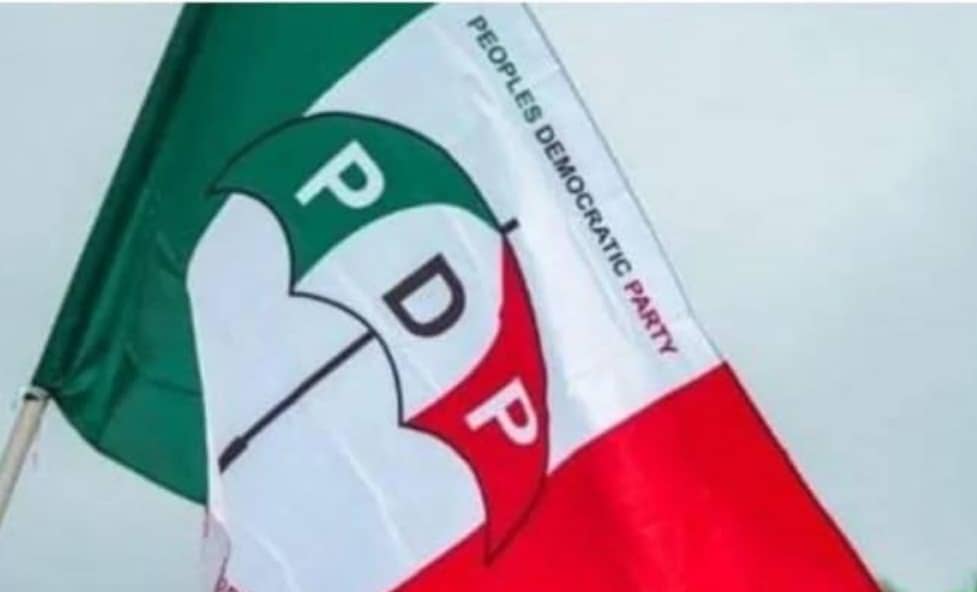The Labour Party has urged the newly appointed Chairman of the Independent National Electoral Commission, Prof. Joash Amupitan, to prioritize the interests of Nigerians in his new role. In a statement, the party’s Interim National Publicity Secretary, Tony Akeni, emphasized the significance of Prof. Amupitan’s assignment, stating that he has the opportunity to either restore the integrity of Nigeria’s democracy or perpetuate the perceived shortcomings of his predecessor, Prof. Yakubu Mahmood.
According to Akeni, Prof. Amupitan’s tenure will be scrutinized by over 230 million Nigerians, as well as the international community, which looks to Nigeria as a model for democratic governance in Africa. The Labour Party has called on Prof. Amupitan to demonstrate his commitment to serving the nation by removing the names of Julius Abure and his defunct council members from INEC’s portal and replacing them with the Nenadi Usman-led council, which has been recognized by the party’s statutory National Executive Council and validated by the Supreme Court.
This move, the party argues, is essential to comply with Nigeria’s administrative conventions and global standards, which prohibit leadership vacuums in institutional management. The Labour Party views this step as a crucial litmus test of Prof. Amupitan’s willingness to serve the nation and uphold the principles of democratic governance. By taking this action, Prof. Amupitan can demonstrate his independence and commitment to the electoral process, thereby setting a positive tone for his tenure as INEC Chairman.
As Prof. Amupitan assumes his new role, he is expected to face intense scrutiny from Nigerians and the international community, which is eager to see how he will navigate the complexities of Nigeria’s electoral landscape. The success of his tenure will depend on his ability to balance the competing interests of various stakeholders while upholding the integrity of the electoral process. With the eyes of the world upon him, Prof. Amupitan’s actions will have far-reaching implications for the future of Nigeria’s democracy and its reputation as a model for democratic governance in Africa.



